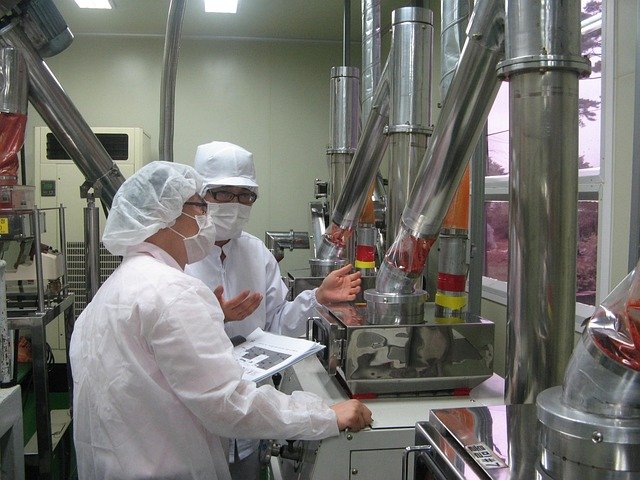Career Pivoting through Volunteer Work: A Strategic Approach to Professional Growth
The landscape of career development is constantly evolving, challenging professionals to find innovative ways to expand their skill sets and explore new industries. One often overlooked strategy for career advancement is strategic volunteerism. This approach involves carefully selecting volunteer opportunities that align with career goals, providing a unique pathway to gain experience, expand networks, and transition into new professional roles.

Identifying Strategic Volunteer Opportunities
The first step in leveraging volunteerism for career development is identifying the right opportunities. This process involves assessing your career goals, skills you wish to develop, and industries you’re interested in exploring. Look for organizations or projects that align with your professional aspirations. For instance, if you’re aiming to transition into the technology sector, consider volunteering for a non-profit that needs help with digital transformation or website development.
Skill Development Through Service
Volunteer work offers a low-risk environment to develop and practice new skills. Unlike paid positions, volunteer roles often provide more flexibility and patience for learning curves. This can be particularly valuable when trying to break into a new field. For example, a marketing professional looking to pivot into event planning can volunteer to organize fundraisers for local charities, gaining practical experience in event coordination, budgeting, and stakeholder management.
Building a Professional Network
One of the most significant benefits of strategic volunteerism is the opportunity to expand your professional network. Working alongside other volunteers, board members, and staff exposes you to individuals from diverse professional backgrounds. These connections can provide insights into different industries, offer mentorship, and potentially lead to job opportunities. Networking in a volunteer context often feels more natural and less transactional than traditional networking events.
Enhancing Your Resume and Interview Narrative
Strategic volunteer work can significantly enhance your resume, especially when transitioning to a new field. It demonstrates initiative, commitment, and relevant experience to potential employers. During interviews, discussing your volunteer work allows you to showcase tangible achievements and skills acquired outside of your primary job. This narrative can be particularly compelling when explaining a career shift, as it shows proactive steps taken towards your new professional goals.
Balancing Volunteer Work with Career Obligations
While the benefits of strategic volunteerism are clear, it’s crucial to balance these commitments with existing career obligations. Start by allocating a realistic amount of time to volunteer work, ensuring it doesn’t interfere with your current job performance. Consider discussing your volunteer aspirations with your employer; some companies offer paid time off for volunteering or may see it as professional development.
Legal and Ethical Considerations
When using volunteerism as a career development strategy, it’s important to be transparent about your motivations. While it’s acceptable to seek personal growth through volunteer work, the primary focus should remain on contributing to the organization’s mission. Be clear about your availability and commitment level, and avoid taking on responsibilities you can’t fulfill. Additionally, respect confidentiality agreements and avoid conflicts of interest with your current employment.
Measuring Impact and Progress
To maximize the career benefits of volunteerism, regularly assess the impact of your efforts. Keep track of new skills acquired, projects completed, and connections made. Set specific career-related goals for your volunteer work and periodically evaluate your progress. This reflection helps ensure your volunteer experiences align with your professional objectives and allows you to adjust your strategy as needed.
Transitioning from Volunteer to Professional Roles
As you gain experience and connections through volunteering, opportunities for paid positions may arise. Be proactive in expressing your interest in professional roles within the organization or industry. Use your volunteer experience to demonstrate your value and commitment. Even if direct job opportunities don’t materialize, the skills and network you’ve built can significantly enhance your marketability in your desired field.
Embracing Continuous Learning
Strategic volunteerism embodies the principle of lifelong learning, a crucial aspect of modern career development. Each volunteer experience offers new insights, challenges, and opportunities for growth. Embrace these learning experiences, and be open to unexpected discoveries about your skills and interests. This mindset of continuous learning and adaptability is invaluable in today’s rapidly changing job market.
In conclusion, strategic volunteerism offers a powerful and often underutilized approach to career development and pivoting. By carefully selecting volunteer opportunities that align with professional goals, individuals can gain valuable experience, expand their networks, and open doors to new career paths. This method not only enhances personal and professional growth but also contributes meaningfully to communities and causes. As the job market continues to evolve, the ability to strategically leverage volunteer experiences may well become a key differentiator in career success and satisfaction.





